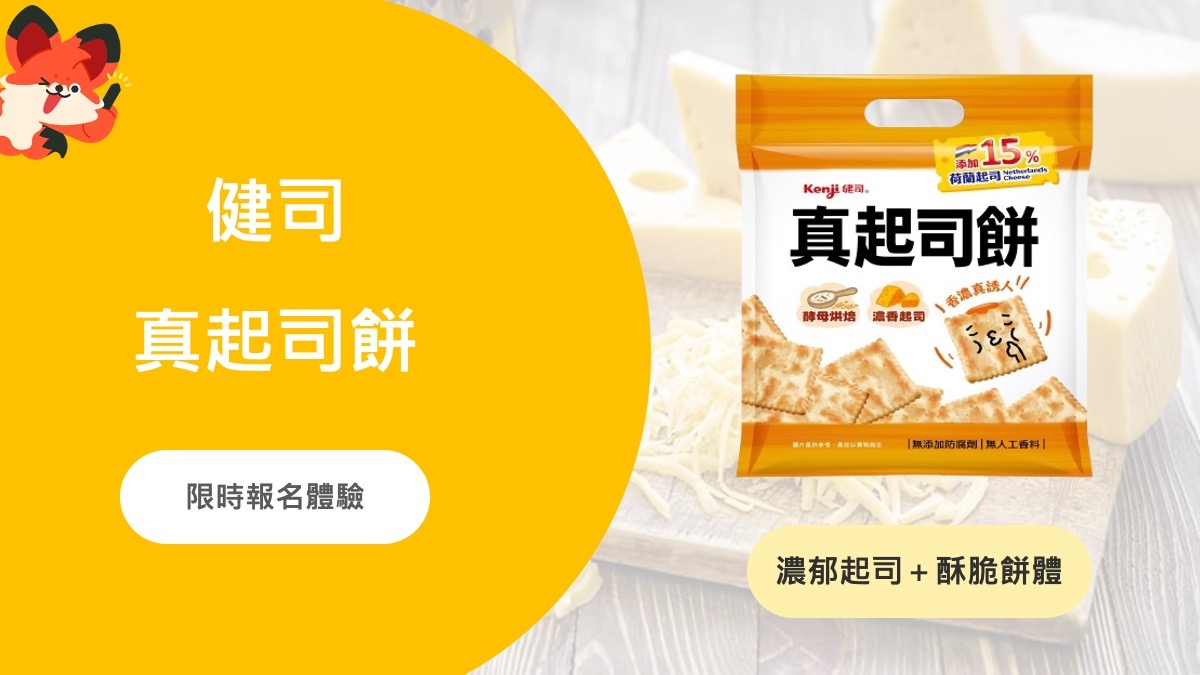Origins and Historical Significance
Da Hong Pao, often referred to as the "King of Tea," has a legendary history dating back to the Ming Dynasty. Its name, meaning "Big Red Robe," originates from a tale in which an emperor sent red robes to cover the tea bushes that produced the leaves which cured his mother’s illness. The original bushes, still preserved today, are considered national treasures, and the tea produced from them is among the most expensive in the world. However, most Da Hong Pao on the market is made from cuttings of these original plants, ensuring the tea’s legacy continues.
Shui Xian, or "Water Sprite," also has a rich history, though it is more widely cultivated than Da Hong Pao. Shui Xian is named after a water nymph in Chinese folklore, which reflects the tea’s smooth, flowing character. This tea is primarily grown on the rugged slopes of the Wuyi Mountains, where the unique climate and mineral-rich soil contribute to its distinctive taste. Shui Xian has long been enjoyed in China, both as a daily beverage and as a part of more formal tea rituals.
Flavor and Aroma
The taste of Da Hong Pao Tea is as complex as its history. This tea is known for its rich, bold flavor, which features a harmonious blend of roasted, fruity, and floral notes. The roasting process used in its production gives Da Hong Pao a slightly smoky character, while the mineral-rich soil of the Wuyi Mountains imparts a unique depth to the tea. When brewed, Da Hong Pao produces a deep amber liquor with a lingering, sweet aftertaste, making it a favorite among tea enthusiasts who appreciate its robust and layered profile.
Shui Xian offers a different but equally delightful experience. This tea is renowned for its smooth, mellow flavor, with prominent floral and honey-like notes. Shui Xian’s leaves are larger and thicker than those of many other oolongs, resulting in a brew that is both fragrant and full-bodied. The tea’s taste is often described as refreshing and soothing, with a subtle earthiness that reflects its mountainous origins. Shui Xian’s aroma is also notable, with a sweet, floral scent that enhances the overall drinking experience.
Cultivation Practices
Both Da Hong Pao and Shui Xian Tea are cultivated in the Wuyi Mountains, but their growing and processing methods have some differences. Da Hong Pao is harvested from specific tea bushes that are carefully tended to ensure the quality of the leaves. The tea is usually picked in the spring, and the leaves undergo a traditional roasting process that gives Da Hong Pao its distinctive flavor. This process involves multiple stages of firing and cooling, which allows the leaves to develop their complex taste.
Shui Xian is more widely grown, and its cultivation involves careful attention to the natural environment. The tea bushes are often grown on terraced slopes, where they benefit from the misty, cool climate of the Wuyi Mountains. Shui Xian leaves are picked when they are mature, which contributes to the tea’s full-bodied flavor. The processing of Shui Xian involves less roasting than Da Hong Pao, which helps preserve its delicate floral notes.
Cultural Importance
Da Hong Pao is often associated with luxury and status in Chinese culture. It is traditionally served to honored guests and used in important ceremonies, reflecting its high value. The tea is also believed to have medicinal properties, particularly in aiding digestion and promoting relaxation. As a result, Da Hong Pao is not just a beverage but a symbol of respect and well-being.
Shui Xian, while also respected, is more commonly consumed in everyday life. Its soothing flavor makes it a popular choice for both casual and formal tea sessions. Shui Xian is often enjoyed during quiet moments of reflection, and its calming properties are highly valued. In Chinese tea culture, Shui Xian is seen as a tea that brings comfort and peace, making it a staple in many households.
Conclusion
Da Hong Pao and Shui Xian teas offer a rich exploration of Chinese oolong tea culture. Whether you prefer the bold, complex flavors of Da Hong Pao or the smooth, floral notes of Shui Xian, both teas provide a unique and deeply satisfying experience. These teas not only reflect the natural beauty and history of the Wuyi Mountains but also embody the art and tradition of Chinese tea making.


 留言列表
留言列表


